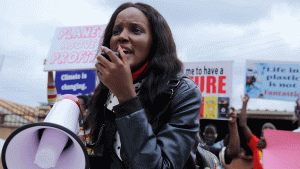Special Edition: COP27
Check out our special edition of Global Food for Thought for Cynthia Rosenzweig's inside scoop on COP27.
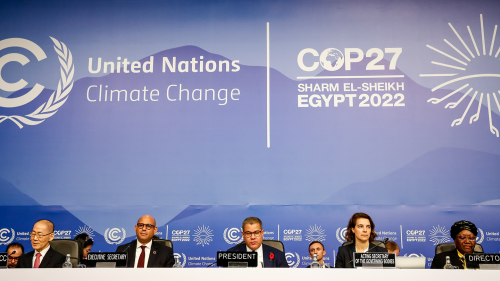
COP27: Anticipating Global Challenges
The Center on Global Food and Agriculture at the Chicago Council on Global Affairs is proud to partner with 2022 World Food Prize Laureate Dr. Cynthia Rosenzweig to produce a special edition of Global Food for Thought. We would like to congratulate Dr. Rosenzweig for her outstanding contributions to food and nutrition security through her work as Senior Research Scientist and Head of the Climate Impacts Group at NASA’s Goddard Institute for Space Studies.
In founding the Agricultural Model Intercomparison and Improvement Project (AgMIP) in 2010, she created a community of experts dedicated to assessing the effects of climate variability and change on agriculture, food security, and poverty on a global scale. Dr. Rosenzweig is also an Adjunct Professor at Barnard College, and an Adjunct Senior Research Scientist at the Columbia Climate School.
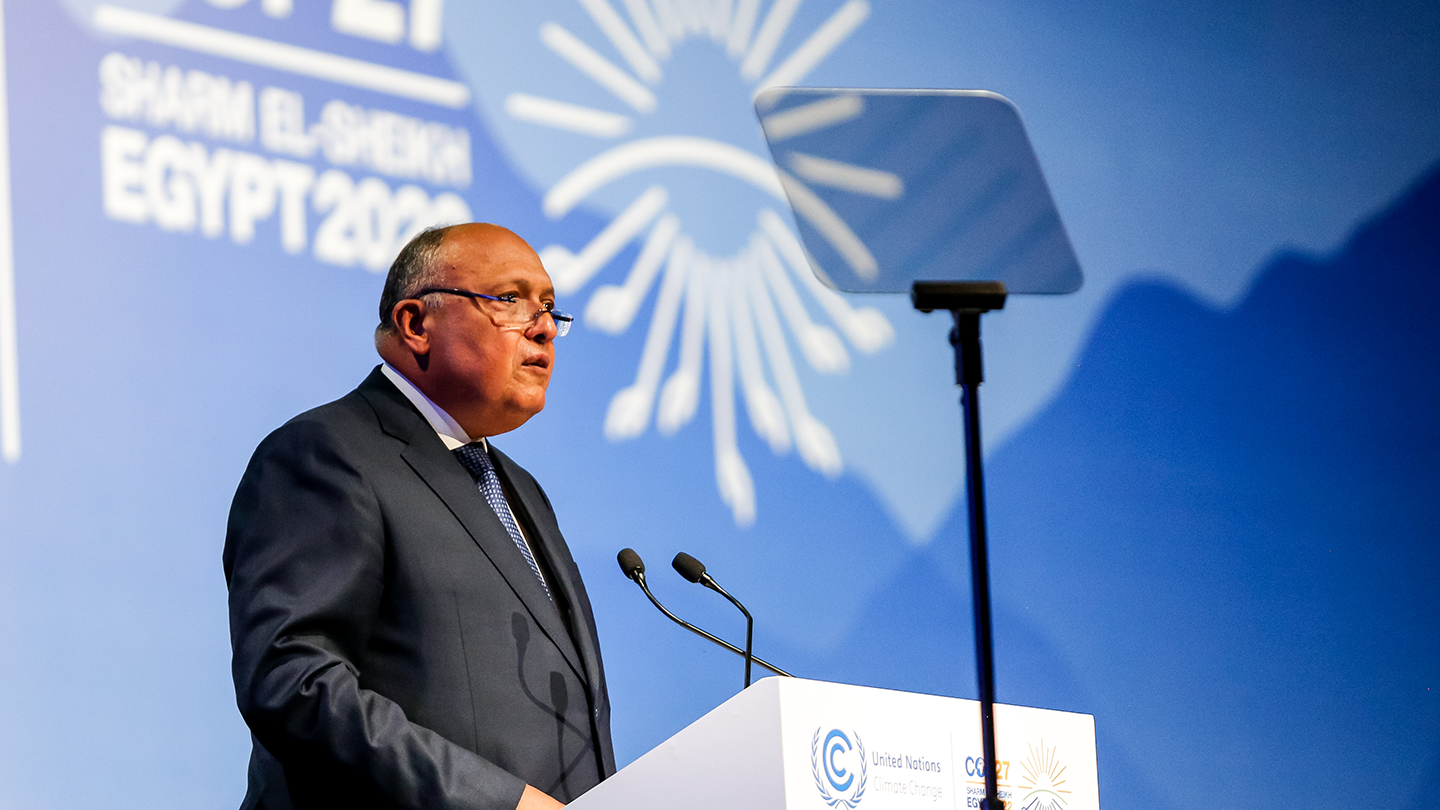
Dear reader,
The 27th Conference of the Parties of the United Nations Framework Convention on Climate Change (COP27) is afoot, hosted by Egypt. After a year in which the ramifications of a changing climate are more conspicuous than ever, all attention is turned towards the vital conversations and commitments that the conference will facilitate regarding climate change action. Key components that have historically been absent from major discussions are agriculture and food. Without substantively including agriculture and food in commitments and action, it is impossible to meet our climate goals. Agriculture and food must be part of the solution.
The food system is responsible for one third of human-caused greenhouse gas emissions, and therefore can play a significant role in mitigating the effects of climate change. However, climate conversations have historically focused on the energy sector and left agriculture to the wayside. By working with farmers and the food system as a whole, we can not only mitigate and adapt to climate change, but foster health and resiliency. Agricultural innovation offers substantial opportunity to improve harvests’ resilience and output, expand food accessibility, and conserve finite resources.
COP27 is a critical opportunity to facilitate conversations on agriculture, while simultaneously drawing attention to systemic vulnerabilities of low- to middle-income countries. Located in Egypt, COP27 highlights Africa’s disproportionate vulnerability to water scarcity, droughts, rising sea levels, and other adverse effects of climate change. With higher temperatures recorded in Egypt over the past 30 years, averaging a 0.53-degree Celsius increase per decade, and shrinking water supplies across the African continent, it is undoubtably clear that climate change is already wreaking havoc on the agriculture industry there and is hitting smallholder farmers the hardest. Africa’s extremely high number of smallholder farmers feed a disproportionate amount of people, making the effect climate change has on their harvests a widespread issue spanning the entire food system.
Through creating a global community that recognizes and drives attention to the agriculture-climate nexus, it is possible to inspire solutions to the climate crisis. The collective action spearheaded by AgMIP and likeminded organizations, agencies, and communities provides opportunities for growth and change with a whole-of-society approach that COP27 can amplify.
To not only mitigate and adapt to the climate crisis, but also develop resilience and thrive, we must heed the advice of agriculture, food, and nutrition experts. Agriculture experts provide vital perspectives on how the climate crisis affects us all—consumers, producers, people, and the planet. An understanding of the reciprocal relationship between climate and agriculture must be considered in conjunction with climate perspectives from energy and other sectors.
The Chicago Council has captured some of those perspectives and experiences through climate-focused papers on agriculture in five different categories: the role of farmers, political will, R&D and innovation, resource management, and national security. The perspectives expressed there and by other agriculture experts, including farmers, offer considerations critical to meeting climate goals and providing new solutions, frameworks, and reasons for hope. This year’s COP27 should more closely integrate agriculture and food stakeholders, reflecting both the real challenges ahead and grounds for optimism given their significant role in climate action.
Talk soon,
Dr. Cynthia Rosenzweig
The Role of Farmers
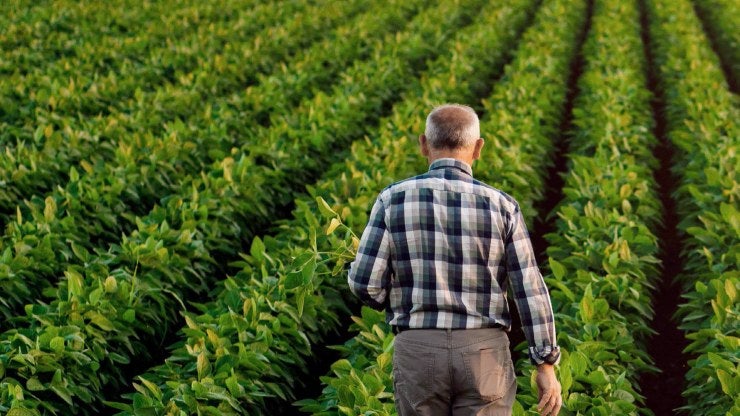
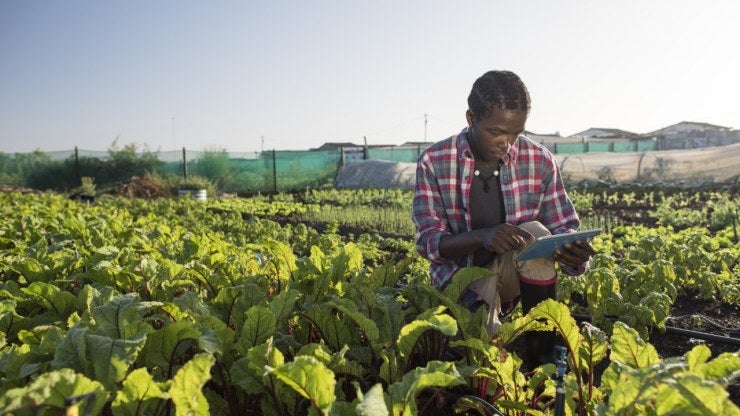
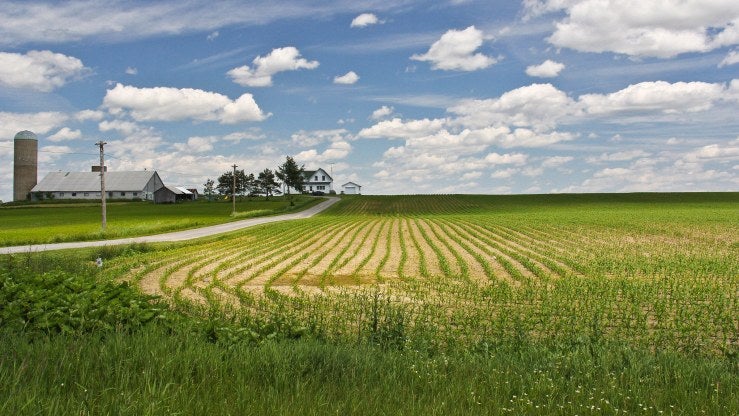
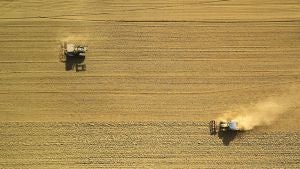 Food and Agriculture
Food and Agriculture
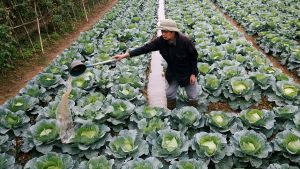 Food and Agriculture
Food and Agriculture
Political Will
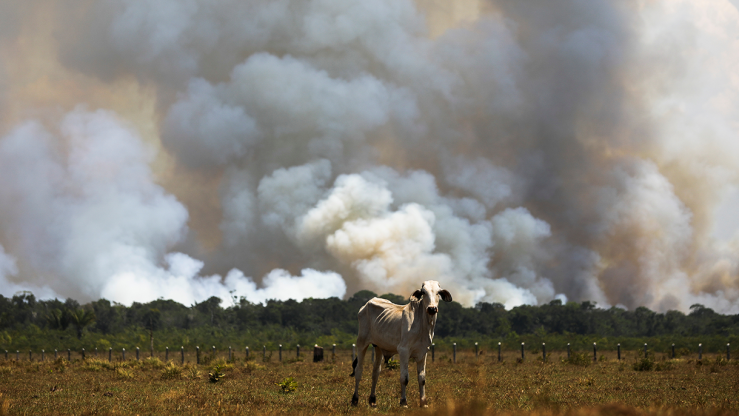

R&D and Innovation
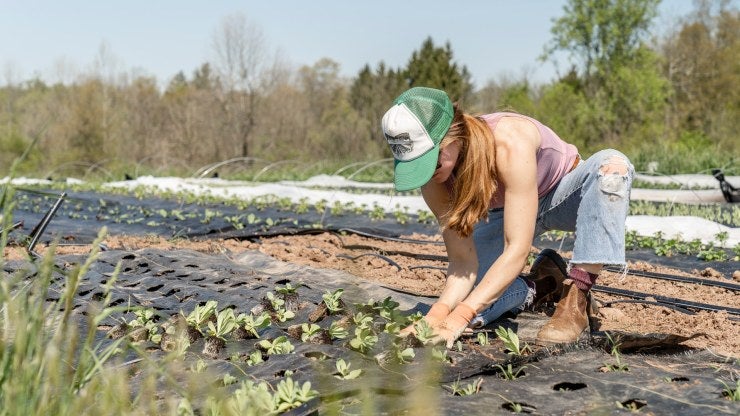
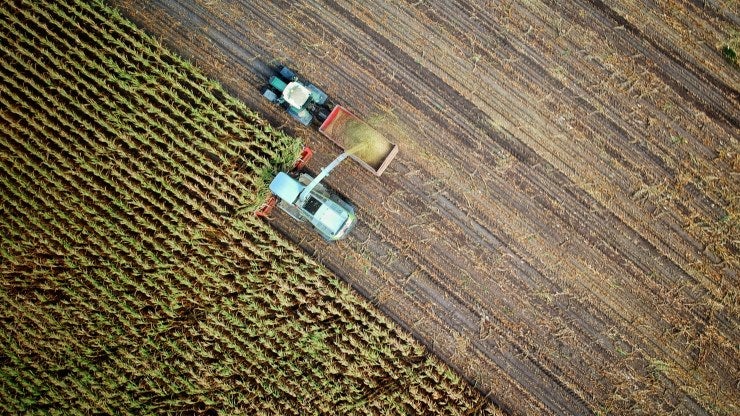
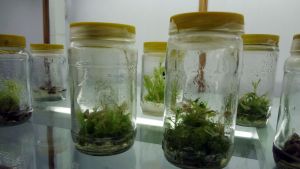 Food and Agriculture
Food and Agriculture
Resource Management
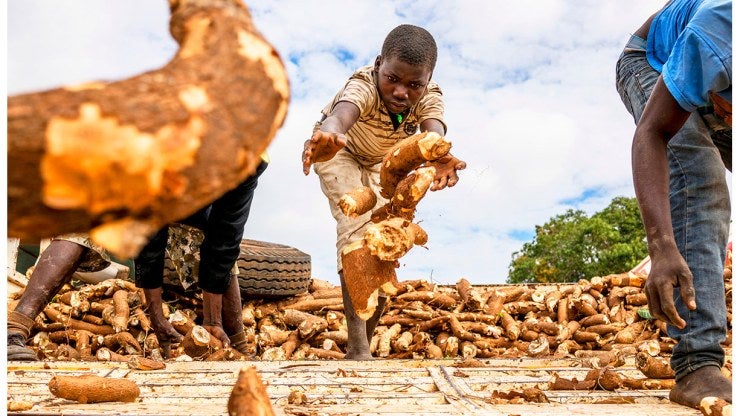
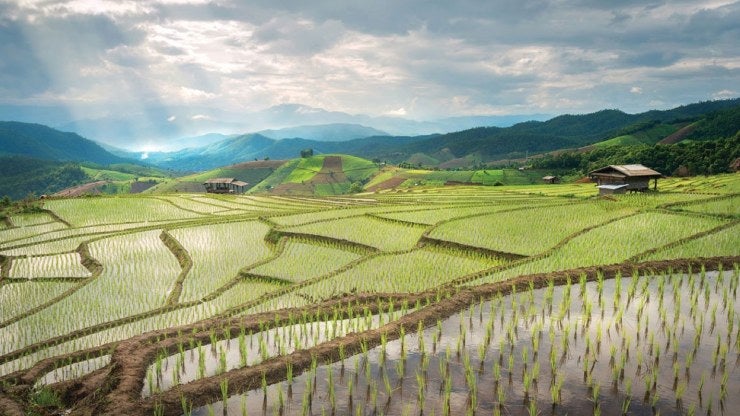
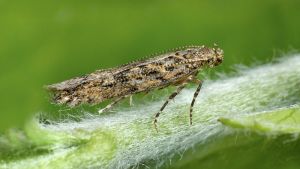 Food and Agriculture
Food and Agriculture
 Climate and the Environment
Climate and the Environment
National Security
 Food and Agriculture
Food and Agriculture
Land Acknowledgement Statement
The Center on Global Food and Agriculture recognizes it occupies the ancestral land of the Kiikaapoi, Peoria, Kaskaskia, Bodwéwadmi, and Myaamia people. Indigenous communities around the world disproportionately experience the pressures of climate change, global conflicts, and the COVID-19 pandemic, while simultaneously stewarding 80 percent of the world’s biodiversity. These Indigenous tribes and nations are the original owners of this land and continue to be systemically erased by policies and practices that ignore their histories. To learn more about Indigenous foodways and practices, check out our 2022 blog series "Stewardship, Sovereignty, and Solutions."
Related Content
- Embracing Dandelions as Food and Medicine
- Going Beyond Regenerative Agriculture on Tribal Lands
- Expanding "638" to Enhance Native American Food Sovereignty
- Flavors and Culture: Food Systems Through Indigenous Women's Eyes
- A Thanksgiving Legacy: Fighting for Indigenous Food Sovereignty
- Native Food Sovereignty: Strengthening Connection to Culture
- Reconnecting to Indigenous Food Sovereignty Values and Practices
- Embracing Interconnectedness: How Indigenous Foodways Can Save Us


